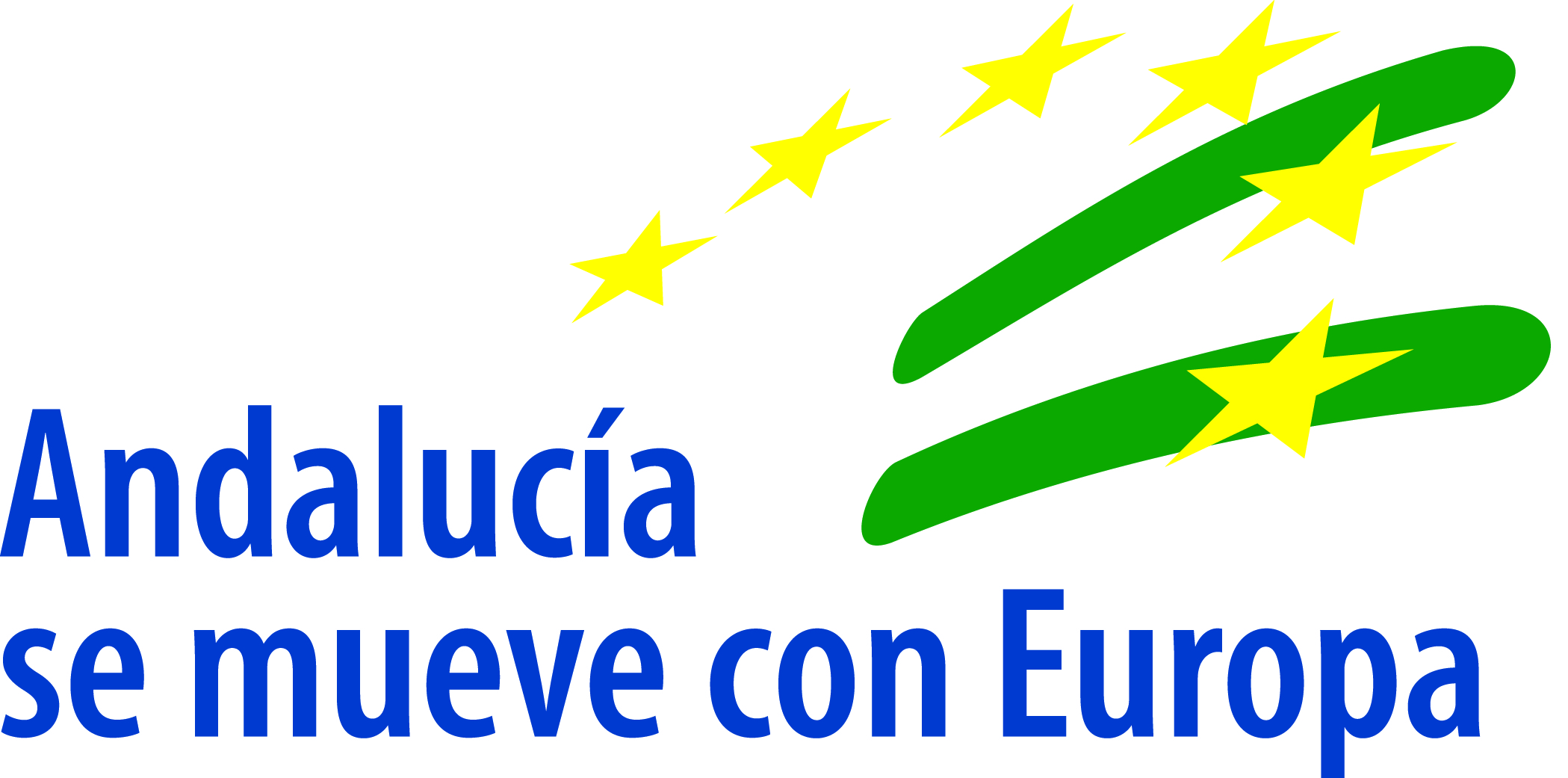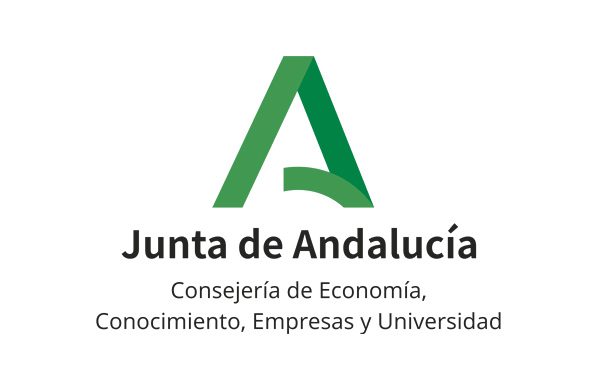In 1977, the essay "Learning to Work" by the English sociologist Paul Willis was published, illustrating in a novel way the problem of absenteeism and school failure in the British society of the 1970's. Willis started from an ethnographic study carried out in a high school: immersion in the daily life of the students allowed him to gain a deep understanding of the patterns of school refusal.
The project we present here is a qualitative study inspired by this approach. Young people with fewer economic and/or scholastic resources are often characterized as apathetic, uninformed or disinterested in political issues, although there are few studies that corroborate these attitudes. Research on youth practices and opinions tends to be generalist, rarely focusing on the poorest strata or on youth inequalities. The effect of inequality on youth participation has been scarcely studied and apathy, passivity or disinterest are usually highlighted as dominant traits (Fraile, Ferrer and Martín, 2006; García-Albacete, Lorente and Martín, 2015) as opposed to other active cultures (Benedicto and López, 2008; Benedicto and Morán, 2014; Funes, 1999; 2006).
The issue of youth political apathy has been debated in the Spanish case for two reasons. On the one hand, there are symptoms of cultural change among 18-30 year olds and there has been an increase in overall political participation since 2010 (Observatorio de la Juventud Report, 2012), but we do not know if this has also penetrated among those with fewer resources. On the other hand, school programs of education in values and transversal ethical content (Martín Cortés, 2006) do not usually consider inequalities in the promotion of social participation.
In this project, we pose the following research question: How does inequality affect the participatory attitudes of young people? Does inequality generate apathy and disinterest? If so, why does it occur, and what elements of everyday life contribute to these predispositions?
Along these lines, a series of objectives are set:
Objective 1: To know the attitudes towards political participation of young people with different scholastic and economic resources, in comparative perspective.
Objective 2: To identify the main discourses towards participation.
Objective 3: To identify the main daily practices and attitudes towards participation.
Objective 4: To analyze the relationship between inequality and participatory attitudes/behaviors.
Bibliography:
Alarcón, P., Font, J., and Madrid, E. (2015). Citizen Participation and Inequality. Diagnostico y Líneas de Actuación. Oxfam.
Benedicto, J., and López, A. (2008). Youth and political participation: European research. Journal of Youth Studies, 81, 13-28.
Benedicto, J., and Morán, L. M. (2014). another kind of politicization? Representations of collective life and processes of civic engagement of disadvantaged youth, International Journal of Sociology (RIS), 72 (2), 429-452.
Font, J., Navarro, C. J., Wojcieszak, M., and Alarcón, P. (2012). "Stealth democracy" in Spain. Preferences of the Spanish citizenry on the forms of political decision-making and their explanatory factors, Opiniones y actitudes. No. 71. CIS.
Fraile Maldonado, M., Ferrer, M., and Cortés, I. M. (2007). Jóvenes, conocimiento político y participación, Opiniones y actitudes. No. 58. CIS.
Funes, M. J. (2006). Of the visible, the invisible, the stigmatized and the forbidden. Revista de Estudios de Juventud, (75), 11-27.
Funes, M. J. (1999). Young people and voluntary action: age as a conditioning factor in participatory action. Youth Studies, 45(99), 87-92.
Galais, C. (2012). increasingly apathetic? Youth political disinterest in Spain in comparative perspective. International Journal of Sociology, 70(1), 107-127.
García-Albacete, G. M. (2008). political apathy? Evolution of the [political] involvement of Spanish youth since the 1980s. Journal of Youth Studies, 81, 133-158. 6.
García-Albacete, G., Lorente, J., & Martín, I. (2015). How does the Spanish 'crisis generation' relate to politics? In P. Thijssen et al. (ed.), Political Engagement of the Young in Europe. Routledge, 70-92.
García-Espín, P., Ganuza, E., and De Marco, S. (2017). assemblies, referendums or consultations? Social representations of citizen participation. Revista Española de Investigaciones Sociológicas, 157, 45-64.
Hamidi, C. (2010). Catégorisations ethniques ordinaires et rapport au politique. Revue française de science politique, 60(4), 719-743.
Henn, M., and Weinstein, M. (2006). Young people and political (in) activism: why don't young people vote? Policy & politics, 34(3), 517-534.
Martín, I. (2006). A proposal for the teaching of democratic citizenship in Spain. Fundación Alternativas.
Norris, P. (Ed.). (1999). Critical citizens: Global support for democratic government. OUP Oxford.
Observatorio de la Juventud (2012). Informe Juventud en España 2012, INJUVE.
Willis, P. (1988 [1977]). Learning to work. How working class boys get working class jobs. Ediciones AKAL.
This project has been co-financed by the European Regional Development Fund (ERDF) and by the Consejería de Economía, Conocimiento, Empresas y Universidad, de la Junta de Andalucía, under the FEDER Andalucía 2014-2020 operational program. Specific Objective 1.2.3. "Promotion and generation of frontier knowledge and knowledge oriented to the challenges of society, development of emerging technologies") in the framework of the reference research project (UPO-1266385). Percentage of co-financing FEDER 80%.
Pablo de Olavide University, Seville
Andalusian Regional Government
European Regional Development Fund
Methodology
Although the project was developed through an ethnographic study, the pandemic circumstances have led to modify the main research strategy towards a qualitative study based on semi-structured online interviews. Through this, we intend to deepen in the representations of the different types of participation and in the socioeconomic and cultural conditioning factors that lead the interviewees to adopt their positions.
Through the individual interviews we intend to reconstruct the subjectivity surrounding political participation: what they understand by this reality, what is considered fair or good and what they analyze as possible/impossible. The interviews also incorporate biographical elements since, explicitly, questions are asked about the life trajectory in relation to education, work, family, friendships or leisure patterns. These issues provide a biographical and everyday perspective, through which the family, class or school trajectory and its links with (non) participation are reconstructed.
The objective is to understand the "participatory ideology" of young Andalusians between 18 and 30 years of age. The individual interviews complete the exploratory analysis of other statistical data and other previous reports with close content.
The population or universe of interest is young people between 18 and 30 years of age living in Andalusia. A subsample has been chosen from the professional middle class and another from the working class. In both cases, the socioeconomic position of the parents was taken as a reference. The young people reside in any of the Andalusian territories, although priority is given to residence in medium or large cities and their surroundings (they are urban). The final sample comprises 40 interviews with working-class young people and another 20 with young people from the professional middle class. Forty of them are non-participants and 20 participate assiduously (in political activities beyond the electoral).



 Patricia García Espín
Patricia García Espín 

